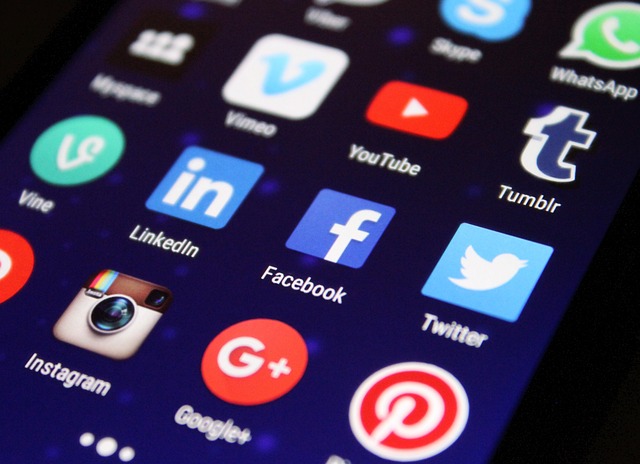The rise of social media has transformed how we communicate, connect, and share our lives. However, in this connected world, the importance of establishing social media boundaries cannot be overstated. For many individuals, these platforms can blur the lines between healthy engagement and addictive behavior, leading to detrimental effects on mental well-being and interpersonal relationships.
As we scroll through our feeds, we are often met with a barrage of perfectly curated images, status updates, and videos that can evoke a myriad of emotions. This constant exposure to other people’s lives not only affects our self-esteem but also drives us to engage more frequently with social media in search of validation and approval. The impact of this behavior can be profound, leading to feelings of anxiety and inadequacy, which in turn fuels the cycle of addiction.
Understanding the impact of social media is crucial, particularly in a world where breaking away from these platforms can feel nearly impossible. The dopamine hits we receive from likes, comments, and shares create a feedback loop that keeps us coming back for more. Over time, this can lead to increased screen time, reduced face-to-face interactions, and a heightened sense of isolation. When we fail to recognize the need for social media boundaries, we risk sacrificing our mental health and the quality of our relationships.
Setting healthy boundaries is not just about limiting time spent online; it also encompasses a mindful approach to the content we consume and share. For instance, curating our feeds to include positive and uplifting content can help mitigate the negative emotions that often arise from comparing ourselves to others. Additionally, designating specific times to engage with social media, rather than scrolling impulsively, can create a more balanced relationship with these platforms.
Furthermore, it’s essential to develop an awareness of our triggers. Are there particular posts that make us feel envious or angry? Acknowledging these triggers allows us to make conscious decisions about what to engage with and what to avoid. Surrounding ourselves with like-minded individuals who understand the importance of social media boundaries can also foster a positive environment, encouraging healthier habits and shared experiences that reinforce connections beyond screens.
Ultimately, navigating the complex landscape of social media requires us to take a step back and assess how we interact with these platforms. Embracing the potential benefits of social media while acknowledging its pitfalls is key to maintaining our mental health and well-being. By establishing clear boundaries, we empower ourselves to enjoy the advantages of connection without becoming overwhelmed by the demands and pressures that often accompany our digital lives.



